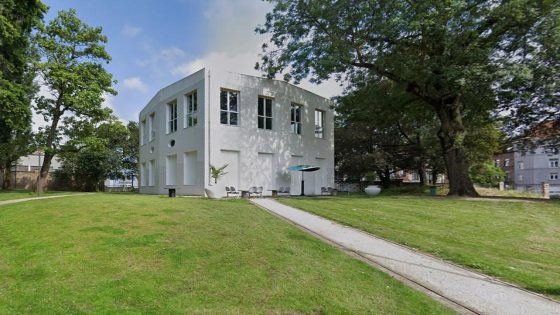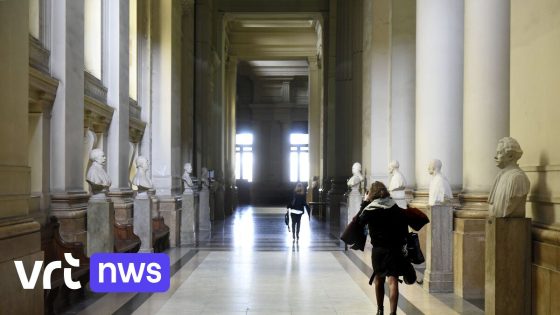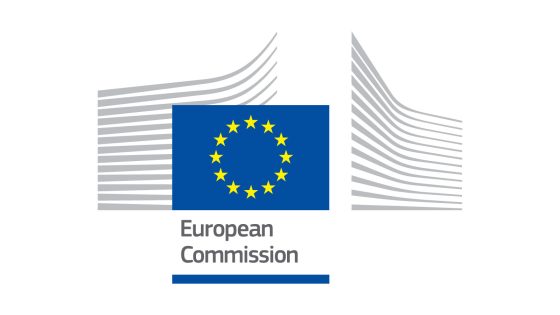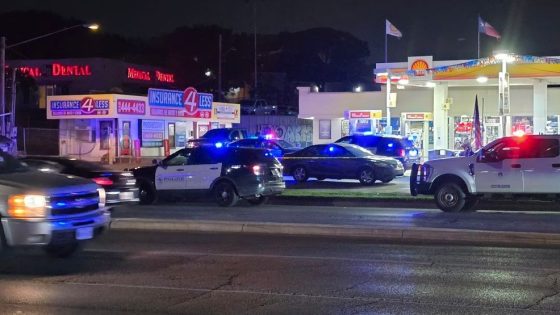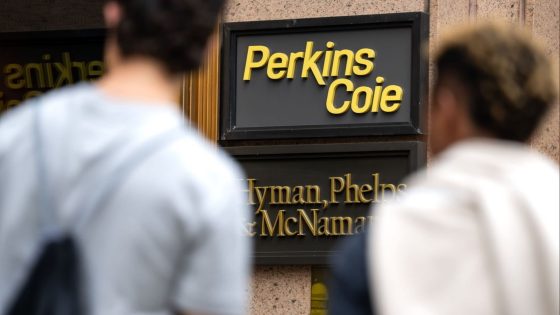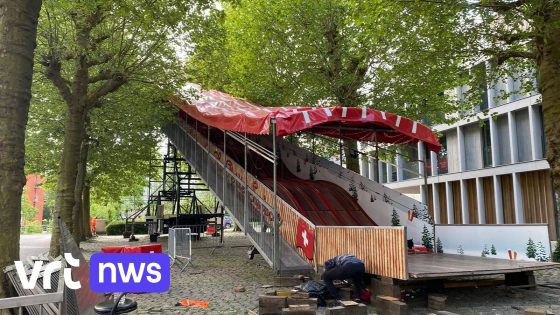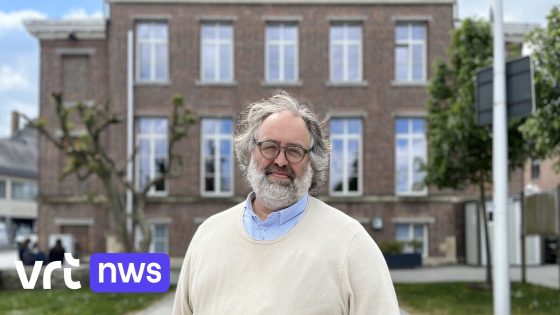Community centres in Anderlecht face escalating challenges as drug-related issues disrupt local initiatives. On 2025-05-14 18:29:00, Paulo Rocha announced the closure of Pavillon Rauter, a vibrant cultural hub in the neighbourhood, due to persistent problems with drug dealers occupying the space. This closure marks a significant setback for community cohesion efforts in the area.
- Paulo Rocha sluit Pavillon Rauter door drugsproblemen
- Jeugdbendes veroorzaken agressie en vandalisme nabij centrum
- Bruno Tellier sluit zomerbar na dure diefstal
- Tellier vraagt gemeente steun voor beveiligingscamera’s
- Gemeente onderzoekt financiële steun aan zomerbaruitbater
- Anderlecht kampt met toenemende sociale en veiligheidsproblemen
Rocha’s non-profit, Terra Brasil, had fostered strong ties through cultural and sports activities, but increasing aggression and drug sales have made it impossible to continue. Meanwhile, the summer bar Tipi near the Neerpede ponds was forced to shut down after repeated thefts, highlighting wider safety concerns. How can Anderlecht restore safety and support local venues under such pressure?
With these closures, the community is left wondering what steps the municipality will take to address these safety issues and support local cultural initiatives. The situation raises urgent questions about public safety and municipal support in Anderlecht.
What does this mean for Anderlecht’s community spirit and safety? The growing presence of drug dealers and aggressive youth gangs has created a hostile environment that local organisers cannot manage alone. Key points to consider:
- Drug dealers have claimed public spaces, driving out community activities.
- Youth gangs escalate violence, threatening organisers and visitors.
- Local businesses suffer from theft and vandalism, undermining economic viability.
- Municipal response remains slow, with unclear support for security investments.
Moving forward, Anderlecht’s authorities must prioritise effective safety measures and collaborate closely with community leaders. Without decisive action, will more local initiatives be forced to close, risking the fabric of neighbourhood life? It is time for a united effort to reclaim and protect these vital community spaces.



